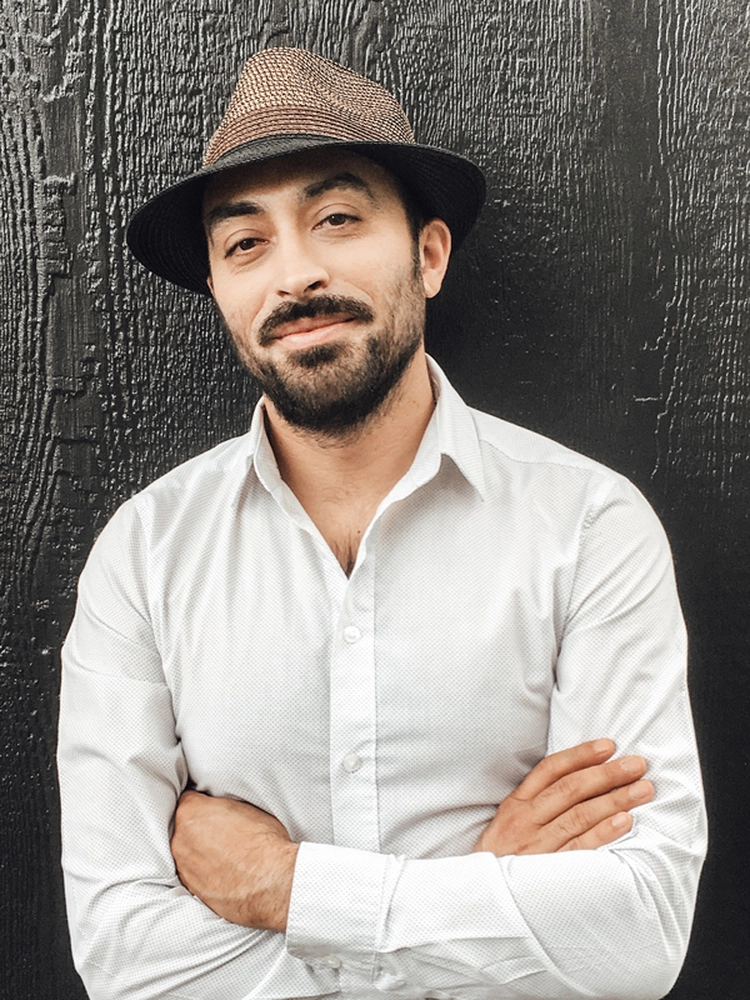
How did you decide to become a geographer?
I am a human geographer. Part of why I became one had to do unquestionably with my personal experience. I grew up in Ecuador and Costa Rica before moving to the US, thus I have always been a migrant and an outsider everywhere I lived. I also have had the opportunity (privilege?) to travel extensively in Latin America, where I have witnessed the injustices that are now the focus of my research. My journey to the discipline was not straightforward, however. I started as a Marine Biology major before eventually switching to Latin American Studies for my bachelor’s. As an undergrad, I would often write papers on land conflicts and racism in Chile, Brazil, Costa Rica, etc. I eventually presented one of these papers at a student conference where a geography grad student from Brazil told me that my work was squarely within the concerns of political ecology. She encouraged me to look into geography as I moved forward in my education and I am happy to have taken her advice seriously.
What is your most memorable field research experience?
Back in 2011, soon after starting grad school, I conducted exploratory fieldwork on the conflict between Mapuche-Huilliche communities and the salmon aquaculture industry over sea spaces in southern Chile. After a 15-hour drive from Santiago, I was now on the dirt roads of a remote area of the island of Chiloé, and on my way to speaking to the head of one of the communities. I recall finding my way through these back roads using a map that I had grabbed from an information kiosk in downtown Ancud. When I finally arrived in the small village, I walked by a circular hut (called a ruka) which was expelling large clouds of smoke through its grass roof: surely a sight of ancestral tradition. I entered a small convenience store to talk to a community member who informed me that the head of the community was teaching children traditional medicine in a nearby village. I promptly took out my tourism map, hoping to be able to orient this person spatially and to be pointed, at least, in the right cardinal direction. “We are here”, I said. “Which way do I go?” “Up, down?” He looked at the map lying on the counter, then looked at me and said “Here, I’ll just show you the driving directions on Google Maps,” as he took his BlackBerry out of his back pocket! Lesson one: colonial biases can be humiliating.
What are your current research interests and directions?
My research lies at the intersection of urban politics, racism, and South-South migration. It is empirically rooted in urbanization processes taking place in one of the fastest urbanizing regions in the world (Central America). Over the past few years, I have engaged in research focusing on the struggles to obtain urban rights of Nicaraguan migrants living in the largest migrant informal settlement in Central America, located in San José, Costa Rica. Through my focus on the everyday political work of migrants in this settlement, I have set out to answer broader questions on the role of international migrants in emerging spatial configurations in Global South cities and on the ways in which urban spaces enable migrant politics that contest and expand the limits of formal citizenship. My future research will continue to look at urban processes arising from more recent post-uprisings and post-pandemic migration waves from Nicaragua. I also intend to expand my work to urban Nicaragua where I seek to understand the processes and politics of urban informality in a socialist/Sandinista context.